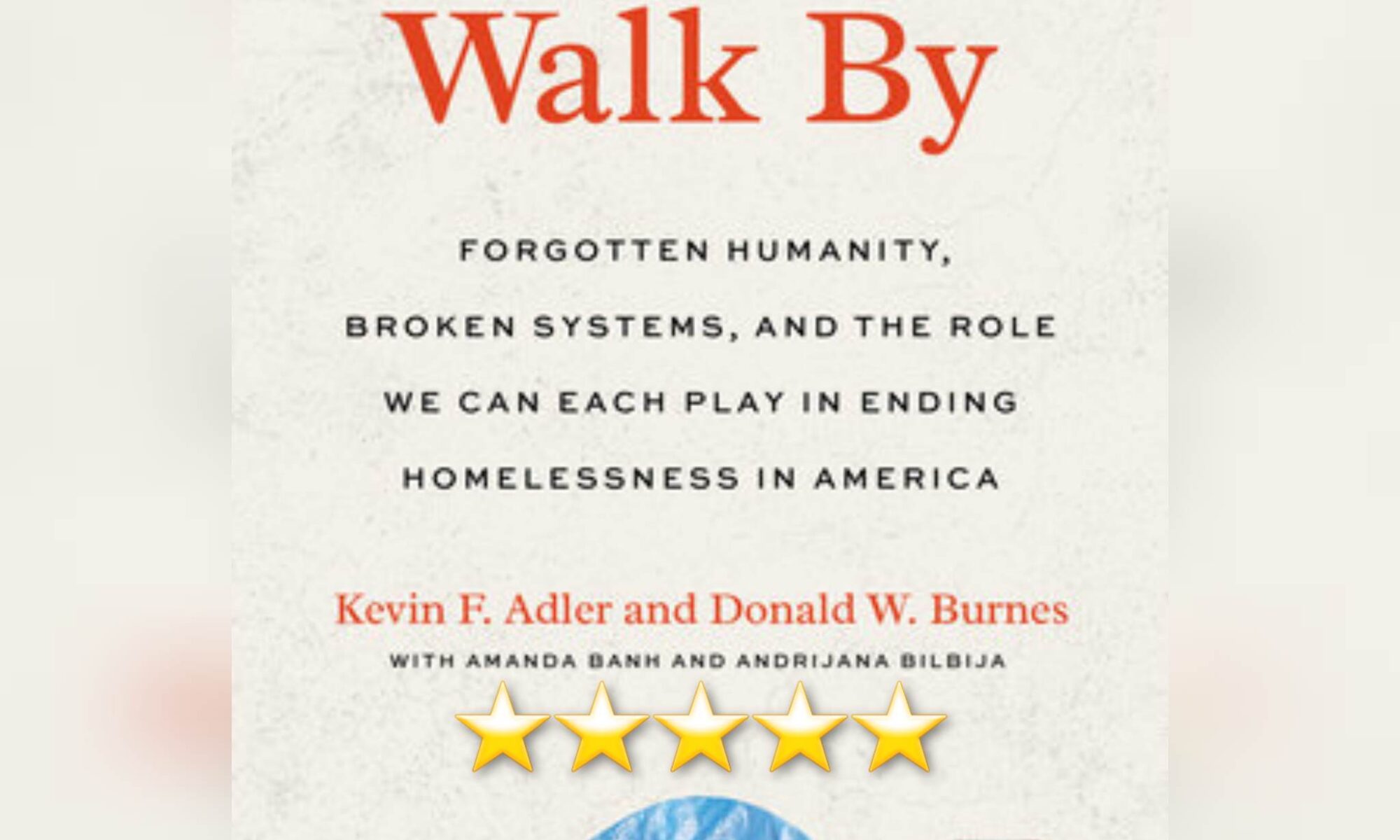Elite Sociology Types Explain Homelessness. In a spirit of full disclosure up front, I’m a guy that literally has “Real Is Real” – the subheading of Part III of Ayn Rand’s magnum opus Atlas Shrugged – tattooed on his wrist, along with a few other tattoos of various Christian thinking, both common (Triune God) and more obscure (Christ’s death redefines religious laws). And yet I’ve also presented at a sociological association’s conference, over 20 years ago while still in college. With that noted, let’s get into my thoughts on this book, shall we? 🙂
Coming into this review moments after reading this book, I wasn’t going to rate it 5*. There is quite a bit of rampant elitism and racism here, from forgetting just how horrid public housing has proven to be to openly advocating for several explicitly racist programs such as Affirmative Action and reparations. And yet, while admittedly deep into the text… the authors own up to their racism and elitism, unlike so many other books in this space. So there went that potential star deduction. And I was thinking that the book was only about 16% documentation, and it actually ended with about 18%. While still *slightly* lower than the more normal 20-30% I’m accustomed to seeing in these types of books, even I have noted in at least one or two reviews over the last few weeks that given how many more recent books are coming in somewhere in the teens, I may need to revise my expected average downward a few points – which would put this 18% within that newly revised range, almost assuredly. Thus, there went that potential star deduction.
So what I’m left with is an idealistic book that bounces between firmly grounded in reality in showing the full breadth and scope of how so many people come to a state of homlessness and how and why so many programs built to “combat” or “end” homelessness fail and even actively harm the people they claim to he trying to help to being truly pie in the sky, never going to happen “solutions” such as Universal Basic Income. And yet, here again, some of the solutions proposed – such as tiny house villages and container box conversion homes – are ideas that I myself have even proposed.
Admittedly, I chose to read this book this week because of the ongoing struggles in Gastonia, NC, where the City Council is currently threatening to entirely shut down a local church because of its efforts to serve the local homeless population, efforts brought to media attention by the efforts of Libertarian activist (and rumored potential 2024 Presidential candidate for the Libertarian Party) Spike Cohen. Unfortunately, I’ve seen myself over years of even casually watching the issue that the current events in Gastonia are simply far too common – which is one of the things this text gets quite right in covering while never really going in depth with any specifics. Even down to also addressing, again at a high level, the all too common practice of hostile design.
At the end of the day, there are very clear differences in how the authors here and I approach this (and likely many) issue, and I suspect that will be true of many who read this book as well. But if you’re interested in the issue of homelessness at all, if you’re truly interested in trying to help end this problem, if you’re searching for something you can personally do to help, if you’re looking for ideas to work at any level to assist… you should read this book. It really is quite a solid primer, despite the authors’ clear bents, and at minimum it will help you avoid pitfalls that are far too common even among those with quite a bit of experience working within these communities. Very much recommended.
This review of When We Walk By by Kevin F. Adler and Donald W. Burnes was originally written on June 23, 2023.


